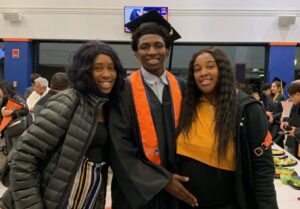They took care of business over the weekend against the worst team in baseball, as they should even for a struggling team. On-field results can only distract so much, though, as the trade deadline draws closer with the Cubs (49-51) sitting in fourth place in the National League Central, 9 games back of first place.
Subscribe to Updates
Get the latest creative news from FooBar about art, design and business.







